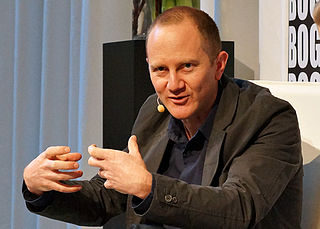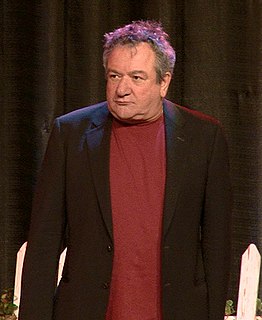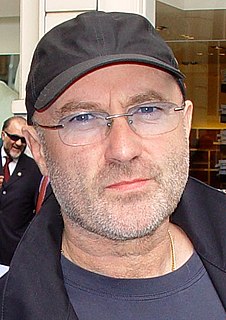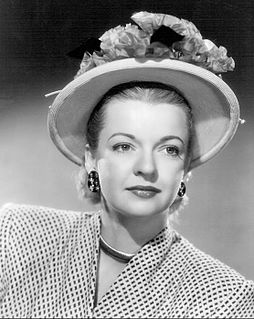A Quote by Kola Boof
Even though I couldn't speak English, there were many times that my black-American parents could read my mind and I could read theirs.
Related Quotes
Gabriel Garcia Marquez is one of my all-time favorite writers. I feel spiritual when reading his words, even though they're translated. I wish desperately that I could read it in its original language. I already feel like I'm going to church when I read him; imagine if I could read it in the original.
I think my ideal man would speak many languages. He would speak Ibo and Yoruba and English and French and all of the others. He could speak with any person, even the soldiers, and if there was violence in their heart he could change it. He would not have to fight, do you see? Maybe he would not be very handsome, but he would be beautiful when he spoke. He would be very kind, even if you burned his food because you were laughing and talking with your girlfriends instead of watching the cooking. He would just say, 'Ah, never mind'.
Whatever our bedtime was as kids, we could stay up an extra half hour if we were reading. My parents didn't care as long as I was under the spell of a Stephen King or a Douglas Adams. Now I read in bed. I read at work. I read standing in line. It's like, 'Hello, my name is Nathan and I am a reader.'






































